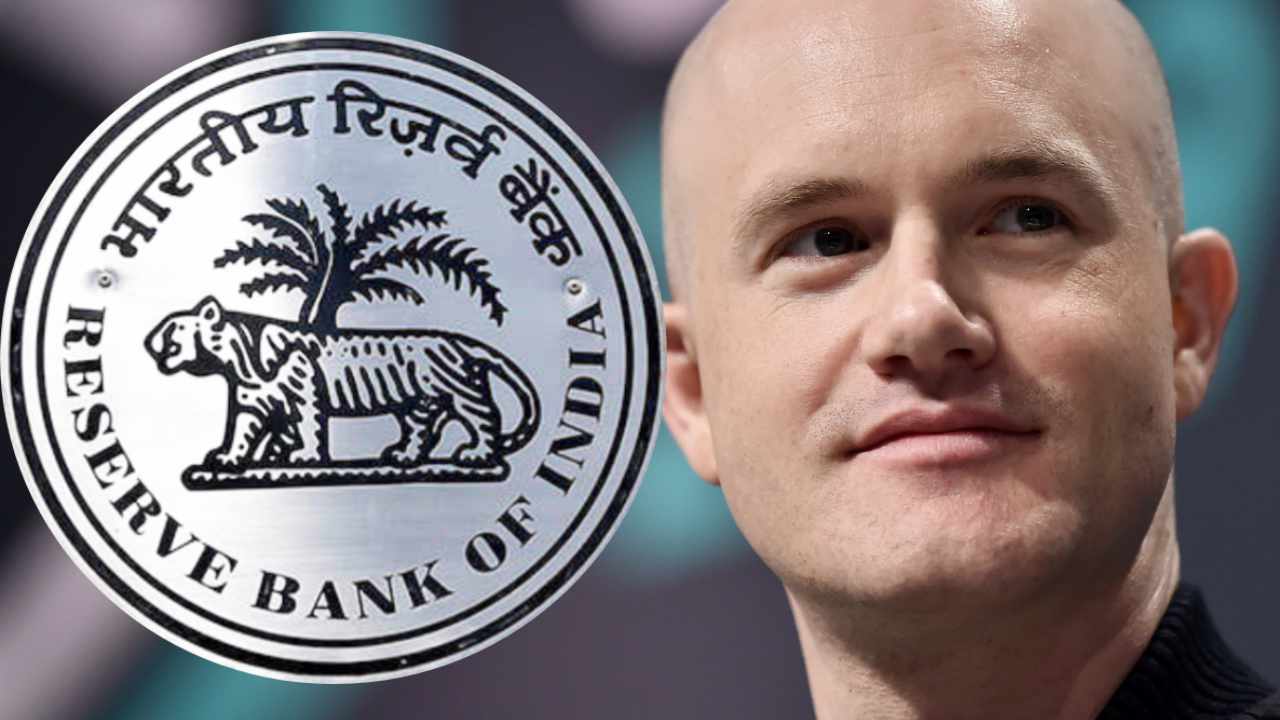
The Nasdaq-listed cryptocurrency exchange Coinbase has revealed that it halted operation in India a few days after launch due to “informal pressure” from the country’s central bank, the Reserve Bank of India (RBI), says CEO Brian Armstrong.
Coinbase Shares Experience in India
Coinbase Global provided an update on its Indian operation during the company’s earnings call Tuesday, particularly why it exited the Indian crypto market a few days after launch.
Anil Gupta, vice president of Investors Relations at Coinbase, asked CEO Brian Armstrong: “Some shareholders are curious about the recent developments in India. Can you explain the halting of UPI [Unified Payments Interface] transfers there? And what impact will that have on your expansion plans in the market?”
Coinbase launched in India on April 7. Armstrong went to India for the launch. The company said at the time that users could use the UPI system to buy cryptocurrencies on the platform. However, the company disabled the UPI option a few days later.
“There’s a lot of interest in crypto amongst the people there in India. So we had an integration with what’s called UPI. And this was a great example of just our international strategy,” Armstrong said during the earnings call. He elaborated:
A few days after launching, we ended up disabling UPI because of some informal pressure from the Reserve Bank of India, which is kind of the Treasury equivalent there.
“And India is a unique market, in the sense that the supreme court has ruled that they can’t ban crypto, but there are elements in the government there, including at Reserve Bank of India, who don’t seem to be as positive on it,” the Coinbase boss opined.
Armstrong noted that what the RBI is doing has been described as a “shadow ban” by the media. “Basically, they’re applying soft pressure behind the scenes to try to disable some of these payments, which might be going through UPI,” he detailed.
The Coinbase executive further said: “I guess we have a concern that they may be actually in violation of the supreme court ruling, which would be interesting to find out if it were to go there.”
He continued: “But I think our preference is really just to work with them and focus on relaunching. I think there’s a number of paths that we have to relaunch with other payment methods there. And that’s the default path going forward. Armstrong concluded:
My hope is that we will be live back in India in relatively short order, along with a number of other countries, where we’re pursuing international expansion similarly.
What do you think about Coinbase’s experience in India? Let us know in the comments section below.



















